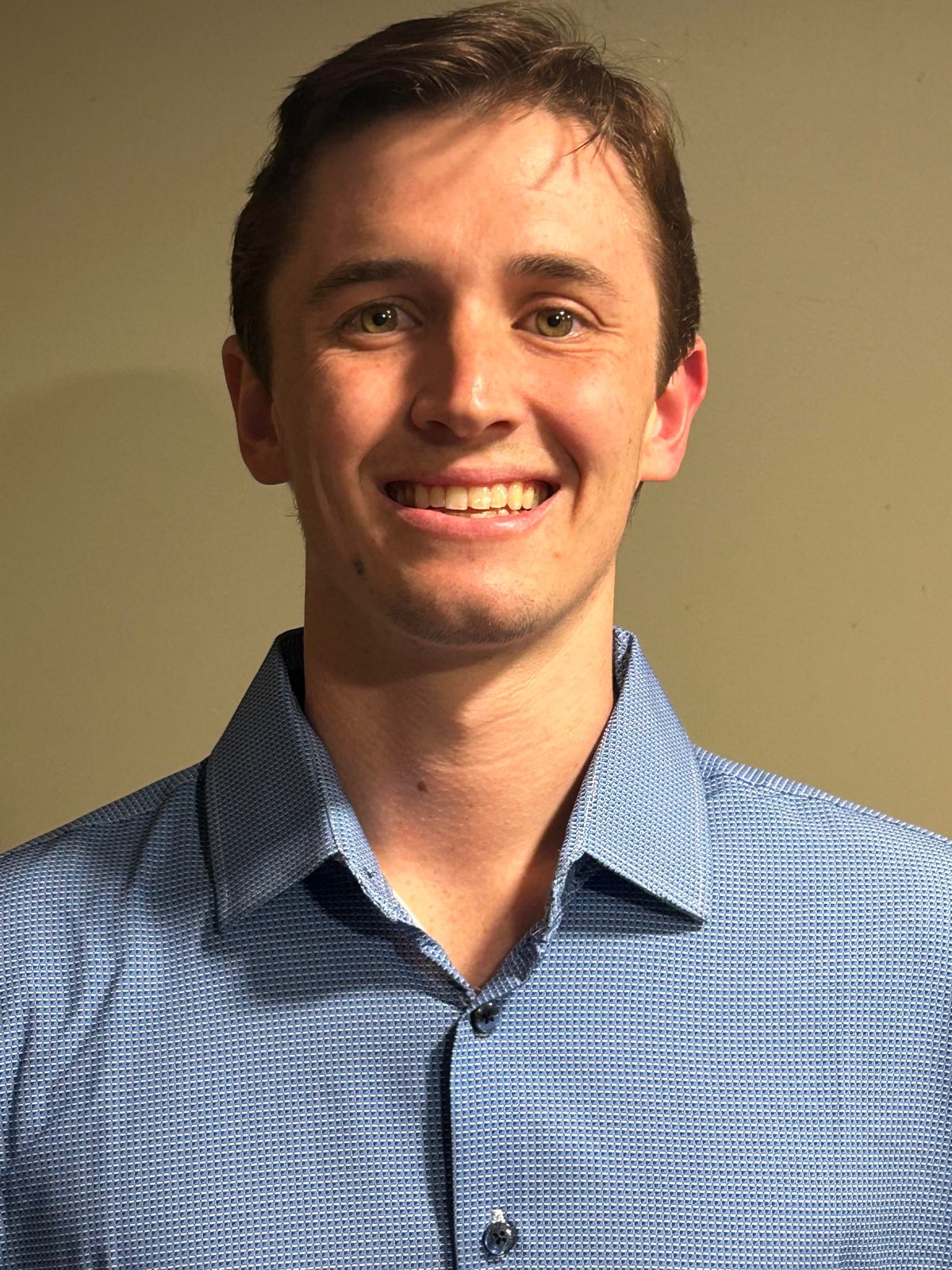As an Associate Professor for the Touro University TESOL/BLE Department, I am immensely proud to feature outstanding student work from our MS in Teaching English to Speakers of Other Languages (TESOL) Program. New York’s linguistic diversity demands teachers who can find common ground and effectively communicate with students from different language backgrounds. Academically rigorous and practice-intensive, the 33-credit program leads candidates who complete all coursework, and fieldwork to recommendation for ESL certification.
Touro University has made it possible for me to be a full-time educator while also pursuing my master’s degree. The professors in the Touro GSE have been accommodating, knowledgeable, and incredibly helpful in my teaching journey, and I look forward to continuing my master’s degree.
Bailey Konen, Touro University, TESOL Master’s Candidate
The assignment calls for:
Differentiated Assessment Using Authentic Student Products with Emphasis on The Practices and Principles of Differentiation
Assignment Objectives:
- Understand and integrate principles of differentiation into assessment techniques.
- Modify existing lesson plans to incorporate differentiated assessments using authentic student products.
- Integrate and discuss anonymized student products, focusing on differentiating assessment based on readiness, interest, and learning profile.
- Reflect on the practices and principles of differentiation and its impact on multilingual learners.
Assignment Tasks:
- Review the “Tools for High-Quality Differentiated Instruction: An ASCD Action Tool”, emphasizing differentiated assessment techniques for ELL/ML students.
Explore the Practices and Principles of Differentiation based on Carol Tomlinson’s model. Open Education resource: (https://rutamaestra.santillana.com.co/wp-content/uploads/2020/01/Classrooms-2nd-Edition-By-Carol-Ann-Tomlinson.pdfLinks to an external site. ) - Understand the significance of content, process, and product differentiation.
Modify an existing content lesson plan YOU delivered to ELL/ML students:
Integrate proactive adjustments based on student readiness, interest, and learning profiles. - Discuss anonymized student products as tangible evidence of differentiation in assessment. These products should align with differentiation principles, taking into account students’ readiness, interests, and learning profiles.
- Align the assignment with the provided assessment criteria and integrate concepts and practices from “Classroom Practices for Multilingual Learners and English Language Learners” and “The Next Generation English Language Arts Learning Standards”
I was struck with the authentic reflection of Baily Konen:
“After teaching this lesson and differentiating it for my ELL/ML students, I’ve realized that some of my practices that I have used in the past may not have been appropriate for my English Language learners. It is important for educators to understand that their ELL/ML students can all learn in different ways, and that often it’s not that the student does not understand, but rather that they were never put in a position to succeed from the beginning of the lesson. It is not fair to expect a student that is a fluent English speaker and a student that is an emergent English Language learner to be able to complete the same academic tasks during a lesson.”
Bio:
Bailey Konen is a graduate student at Touro University and a teacher in a Long Island school district. He completed his undergraduate degree at the State University of New York at Geneseo with a Bachelor of Science in Childhood/Early Childhood Education. B has always had a passion for working with children and is constantly trying to learn more about how he can help all of his students succeed.

